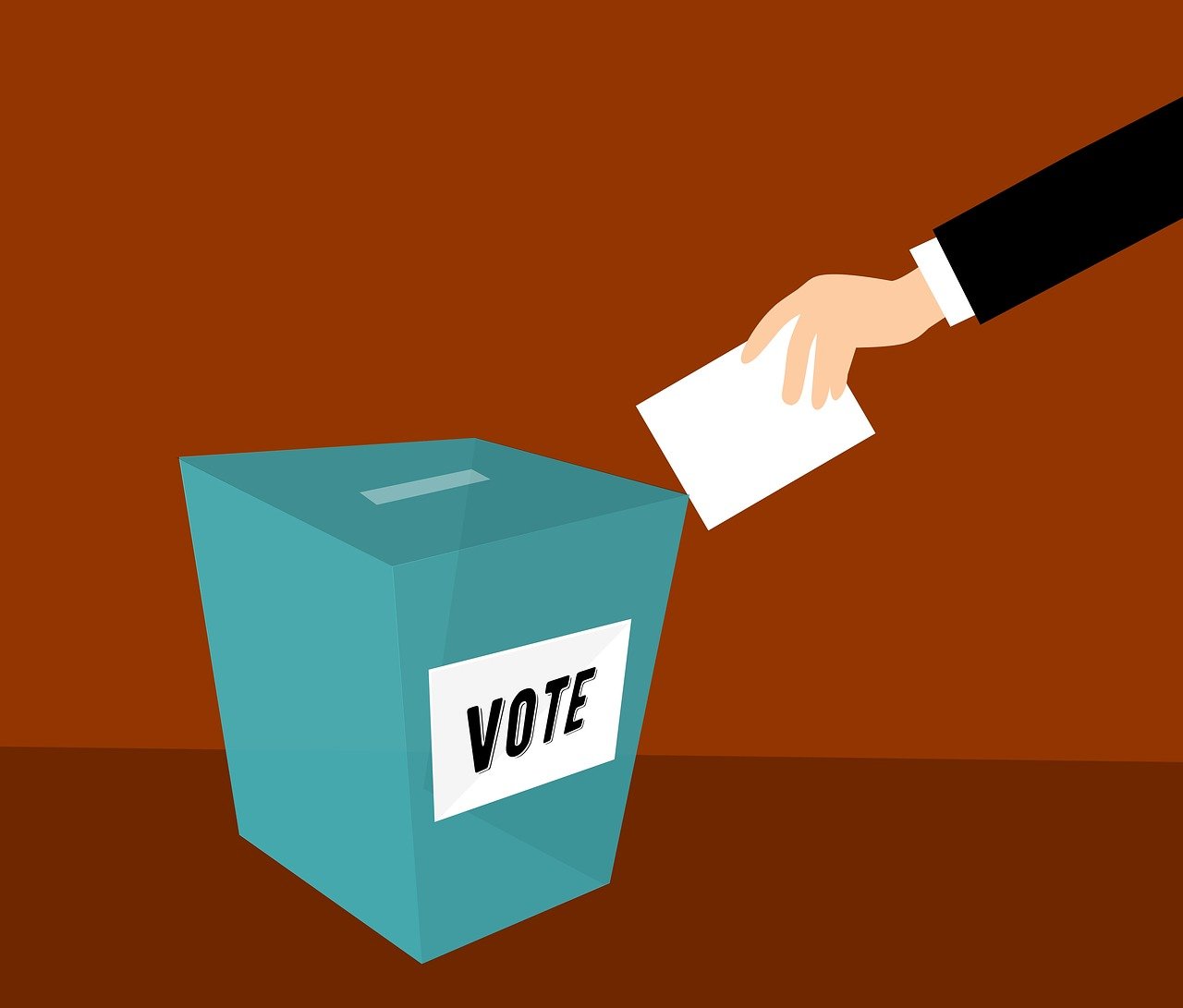 After Alaska’s Online Voter Registration System was breached last year, along with 2020’s contentious election, and what is shaping up to be a similar one in 2022, it’s essential that our state election officials evaluate potential changes to ensure our state voting system remains secure.
After Alaska’s Online Voter Registration System was breached last year, along with 2020’s contentious election, and what is shaping up to be a similar one in 2022, it’s essential that our state election officials evaluate potential changes to ensure our state voting system remains secure.
Towards this end, Governor Dunleavy and Lt. Gov. Meyer recently announced forthcoming administration-backed legislation entitled the Election Integrity Bill. In draft form now, it includes elements of election reform legislation introduced by both Republican and Democratic legislators.
While common areas of agreement among all legislators exist, this well-intentioned modest effort could become controversial if rational debate devolves into partisan exaggerations and emotional hyperbole.
The reasonable voting changes that were enacted last year in the state of Georgia, for example, were labeled by President Biden as “Jim Crow on steroids.” The controversy was later described by The Wall Street Journal’s Editorial Board as, “…a stew of falsehood, propaganda and panic.” The Journal blamed the uproar on partisan distortions, echoed by the media, and “CEOs of major companies who are uninformed at best or cowardly at worst.”
This doesn’t need to happen in Alaska and consensus is possible if we focus on the facts – not partisan message points.
This is especially important as three significant impacts will simultaneously influence our next statewide election: Newly formed election districts under redistricting; a completely new and complicated voting system (Ranked Choice Voting); and the likely continuation of widespread absentee balloting.
In 2012, the Pew Foundation released a report on the voter registration systems maintained by the states. The report found that approximately 24 million – one in every eight – voter registrations were either inaccurate or no longer valid. More than 1.8 million deceased individuals were listed as voters and 2.75 million individuals were registered to vote in more than one state.
Last month, the Heritage Foundation published an Election Integrity Scorecard, which, for the first time, compared the election laws and regulations of each state. Alaska is ranked in the middle at #25 with state of Georgia ranked #1. This would indicate that, while Alaska’s voting system has served us adequately, there is room for incremental improvement.
Accordingly, Alaska’s Election Integrity Bill is intended to address areas of concern that have arisen in our state. To date, changes being considered are:
- Updating and streamlining the state voter database. Census data in Alaska have revealed that an estimated 42,000 names on the current state voter list may not be legal voters. Cumbersome and lengthy procedures to remove invalid names would be modified.
- Requiring Permanent Fund Dividend applicants to affirmatively opt-in (to register to vote) instead of automatically being added to voter rolls.
- Delineating procedures which allow observers during election recounts.
- Defining procedures for “curing” of ballots incorrectly filed or filled out.
- Allowing the expansion of mail-in voting in small election districts where poll elections are difficult to administer.
- Defining election fraud and fund training of law enforcement to investigate possible crimes. Provide for routine forensic examinations, chain of custody protocols, and ballot tracking systems.
- Enhancing signature verification requirements and acquiring associated equipment.
- Postage-paid envelopes for returning absentee ballots.
These changes are designed to make voting more straightforward and less complicated while recognizing the importance of each individual vote.
Given the high stakes of elections today, the incentive to cheat is always present. The June 2021 formal accusation of former Alaska legislator, Gabrielle LeDoux, for voting irregularities is the most recent example of that.
The Democratic Party’s tiresome practice of describing every proposal to increase election security as “voter suppression” will not serve to ultimately increase voter turnout. Ironically, it may do just the opposite.
In Alaska, very few election crimes are prosecuted as they remain rare. But vulnerabilities in our system that make election fraud easier to commit (and harder to detect) diminish voters’ faith in the integrity of our elections – thereby discouraging voter participation.
President Jefferson noted that “we do not have a government by the majority. We have a government by the majority who participate.” To increase participation, Americans must have faith and trust in an election system that guarantees their votes matter.